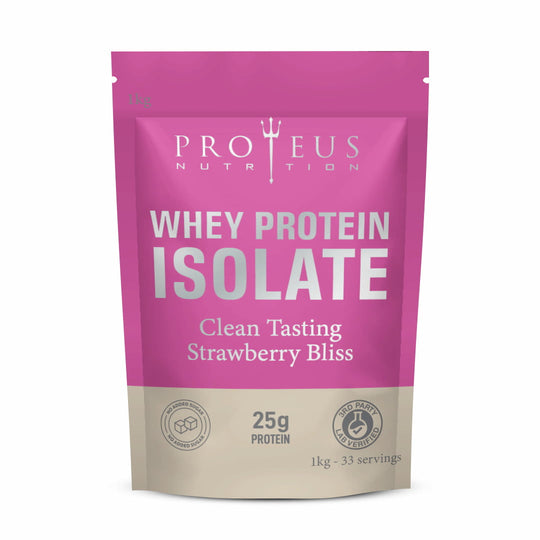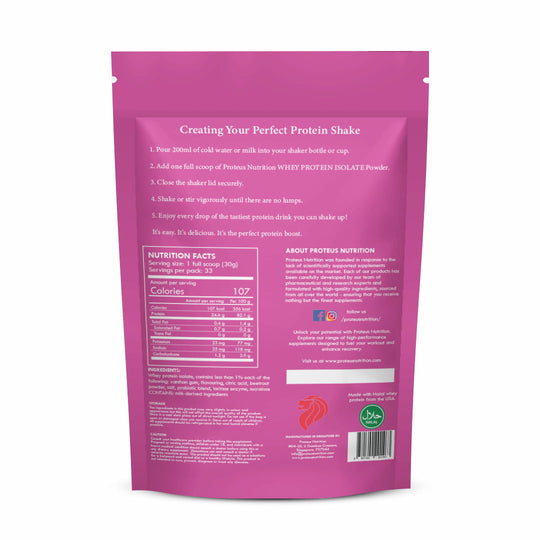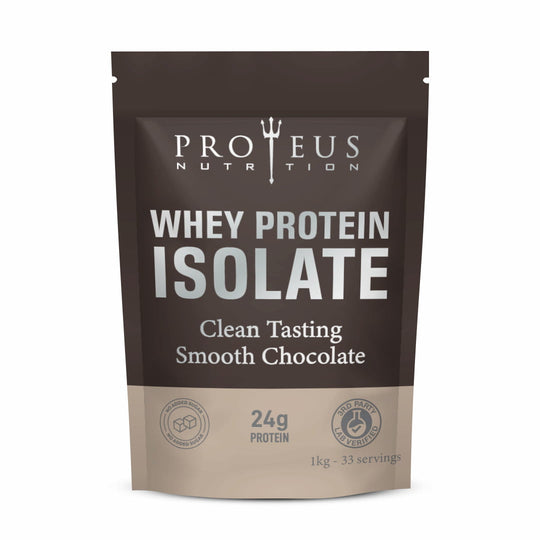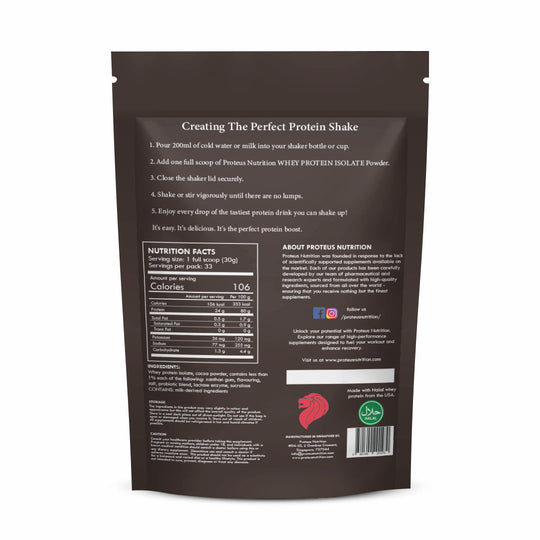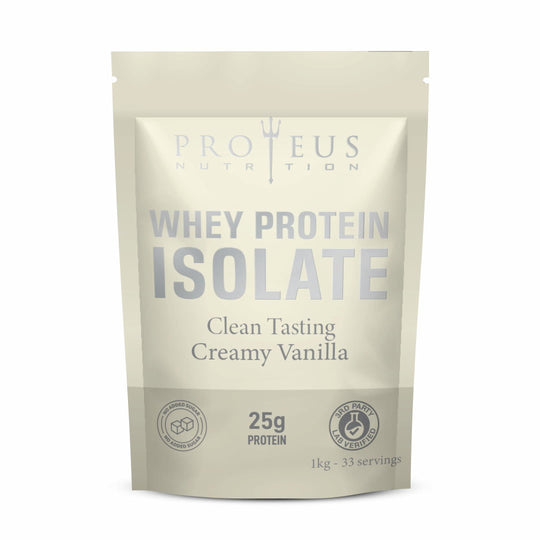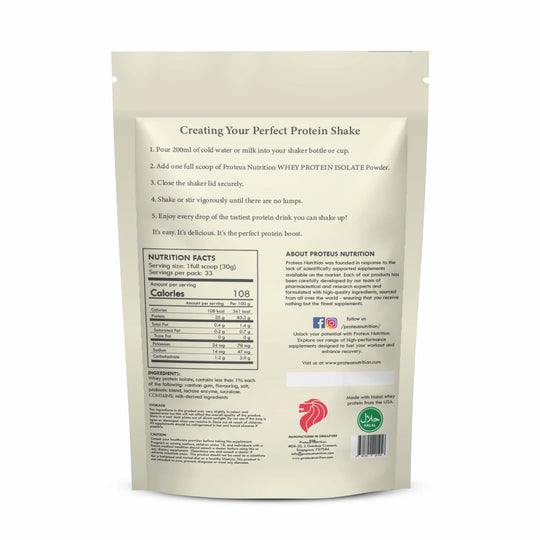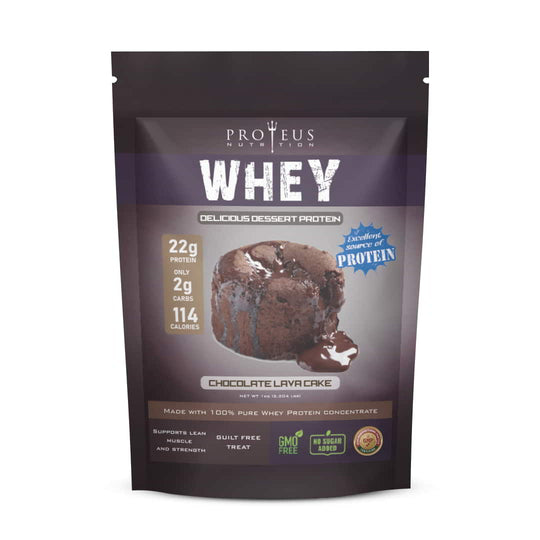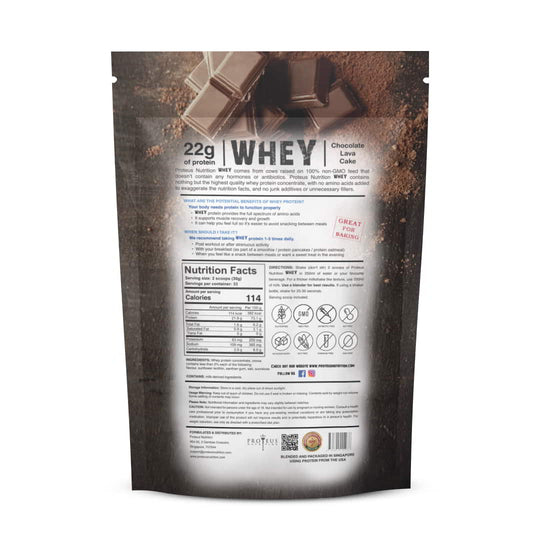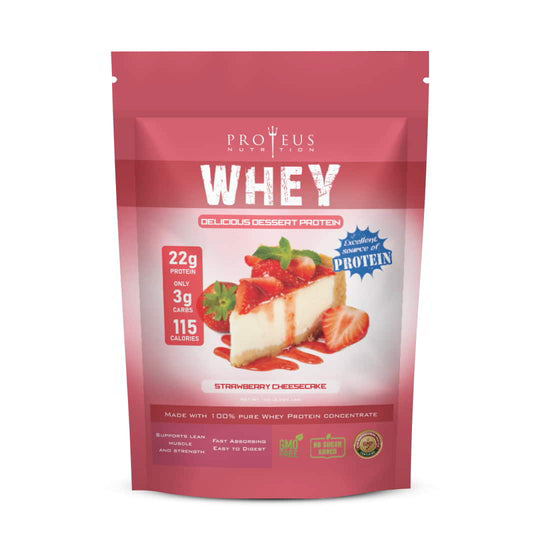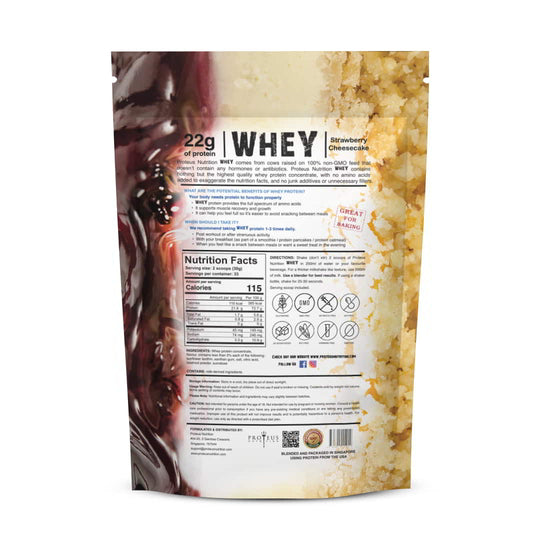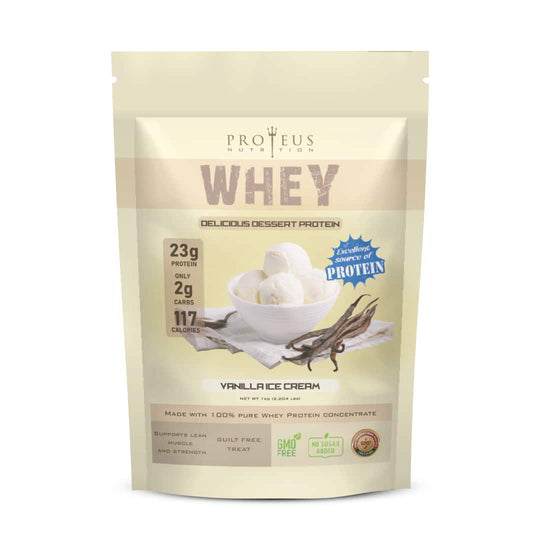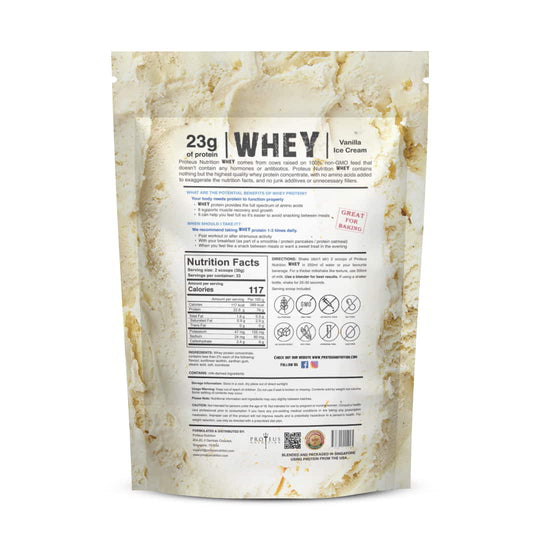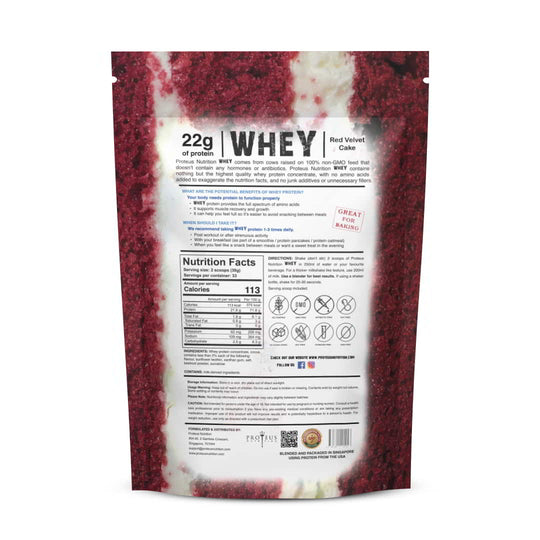All about Omega Oils for Vegans and Vegetarians
Posted on January 07 2020

Fat in the diet comes in three main forms: saturated, monounsaturated, and polyunsaturated.
Saturated fats (mostly from animal sources) and monounsaturated fats and oils (mostly from plant sources) are not essential in the diet since saturated fatty acids can be made by the liver, and most cells can convert these to monounsaturated fatty acids. It is, however, still important to include both types in your diet as a source of energy and because of the fat-soluble vitamins and nutrients they contain.
Conversely, the body is not able to synthesise polyunsaturated fatty acids (PUFAs) so we need to get them from our food. There are two main types of PUFAs: Omega-6 and Omega-3. It’s easy to get plenty of Omega-6 oils from plants, so if you are eating a healthy diet you don’t need to worry about not getting enough. What is important though is that you keep a good ratio of Omega-3 to Omega-6 oils, and many people, especially vegetarians and vegans, don’t get sufficient Omega-3 oils.
There are three main Omega-3 oils present as fatty acids in the human body: - linolenic acid (ALA), eicosapentaenoic acid (EPA) and docosahexaenoic acid (DHA). Other Omega-3 oils such as docosapentaenoic acid eicosatrienoic acid are considered less important. Of these, only ALA is, by strict definition. “essential” - a fact that can be misleading when it comes to nutrition.
Neither EPA nor DHA is strictly an essential fatty acid because they can be made in small amounts from ALA via a series of enzyme reactions in the body. However, even though ALA can be converted metabolically into EPA and from there into DHA, the conversion rates are typically less than 10%, and may go even lower the more ALA and other vegetable Omega-6 oils you consume 1,2. This makes DHA ‘semi-essential’.
Eating two to three portions of fatty fish per week, which corresponds to the intake of 1.25g EPA and DHA per day, has been officially recommended on the basis of epidemiological findings showing a beneficial role of n-3 long-chain PUFAs in the prevention of cardiovascular and inflammatory diseases3. The beneficial effects of Omega-3 supplementation can help lower high blood pressure and can also assist with depression, systemic inflammation, congestive heart failure, type 2 diabetes and much more 4-9.
Many studies have shown that vegans and vegetarians have lower circulating EPA and DHA levels than people who eat meat and fish 9-12. In fact, a study of Hong Kong Chinese vegetarians showed levels between 50%-80% lower than in omnivores 9, and a similar study in British men showed levels 35%-40% lower for vegans 10. This leaves vegans and vegetarians with strong potential for a nutritional deficiency since the main type of Omega-3 oil available from plant sources excludes EPA and DHA.
The conclusion of researchers in such studies is similar: “The vegetarian diet, with an average omega-6/omega-3 ratio of 10:1, promotes biochemical omega-3 tissue decline. To ensure physical, mental and neurological health, vegetarians have to reduce the omega-6:omega-3 ratio with an additional intake of direct sources of EPA and DHA, regardless of age and gender.” 11
Historically we would make up for this deficiency by eating seafood. Fish and other seafood are the major dietary source of DHA and EPA for humans. If seafood is off the table, the only way for vegans and vegetarians to increase their levels of these semi-essential Omega-3 oils is usually to take supplements.
Fortunately for vegans and vegetarians there is another ideal source of DHA from the ocean: algae. Algae are an ancient type of organism that pre-dates land plants, and range from chlorella to giant kelp. Microscopic algae are the main source of EPA and DHA in the ocean and they are the dietary source of Omega-3 oils for crustaceans and fish. In other words, fish get their Omega-3 oils from algae, so why don't we just skip the middleman and get it directly from algae?
We recommend starting your day with 2 grams of algae oil (concentrated to at least 500mg of DHA per gram) to ensure you are getting enough Omega-3 oils. This is the equivalent of 1100milligrams per day of omega-3 oils.
Buy Proteus Nutrition's Vegan Algae Omega-3 DHA Concentrate
References:
1) Update on alpha-linolenic acid Nutrition Reviews® Vol. 66, 2008.
https://academic.oup.com/nutritionreviews/article/66/6/326/1840653
2) Docosahexaenoic Acid, Advances in Nutrition 2016.
https://academic.oup.com/advances/article/7/6/1139/4616696
3) Can adults adequately convert ALA to EPA and DHA? International Journal for Vitamin and Nutrition Research. https://www.ncbi.nlm.nih.gov/pubmed/9637947
4) Efficacy of Omega-3 PUFAs in depression: A meta-analysis. Translational Psychiatry 2019.
https://www.nature.com/articles/s41398-019-0515-5.pdf
5) Importance of maintaining a low Omega–6/Omega–3 ratio for reducing inflammation. British Medical Journal - Openheart.
https://openheart.bmj.com/content/5/2/e000946
6) The Role of Omega-3 Polyunsaturated Fatty Acids in Heart Failure: A Meta-Analysis of Randomised Controlled Trials. Nutrients 2017.
https://www.ncbi.nlm.nih.gov/pmc/articles/PMC5295062/
7) Circulating Long-Chain Omega-3 Fatty Acids and Incidence of Congestive Heart Failure in
Older Adults: the Cardiovascular Health Study. Annals of Internal Medicine 2012.
https://www.ncbi.nlm.nih.gov/pmc/articles/PMC3371768/
8) Higher Omega-3 index is associated with increased insulin sensitivity and more favourable metabolic profile in middle-aged overweight men. Nature Scientific Reports 2014.
https://www.nature.com/articles/srep06697
9) Serum fatty acid, lipid profile and dietary intake of Hong Kong Chinese omnivores and vegetarians, European Journal of Clinical Nutrition 2000.
https://www.nature.com/articles/1601089.pdf
10) Long-chain n–3 polyunsaturated fatty acids in plasma in British meat-eating, vegetarian, and vegan men. The American Journal of Clinical Nutrition 2005.
https://academic.oup.com/ajcn/article/82/2/327/4862944
11) Very low n-3 long-chain polyunsaturated fatty acid status in Austrian vegetarians and vegans. Annals of Nutrition and Metabolism 2008.
https://www.ncbi.nlm.nih.gov/pubmed/18305382
12) Omega-3 polyunsaturated fatty acids and vegetarian diets. The Medical Journal of Australia 2013.

